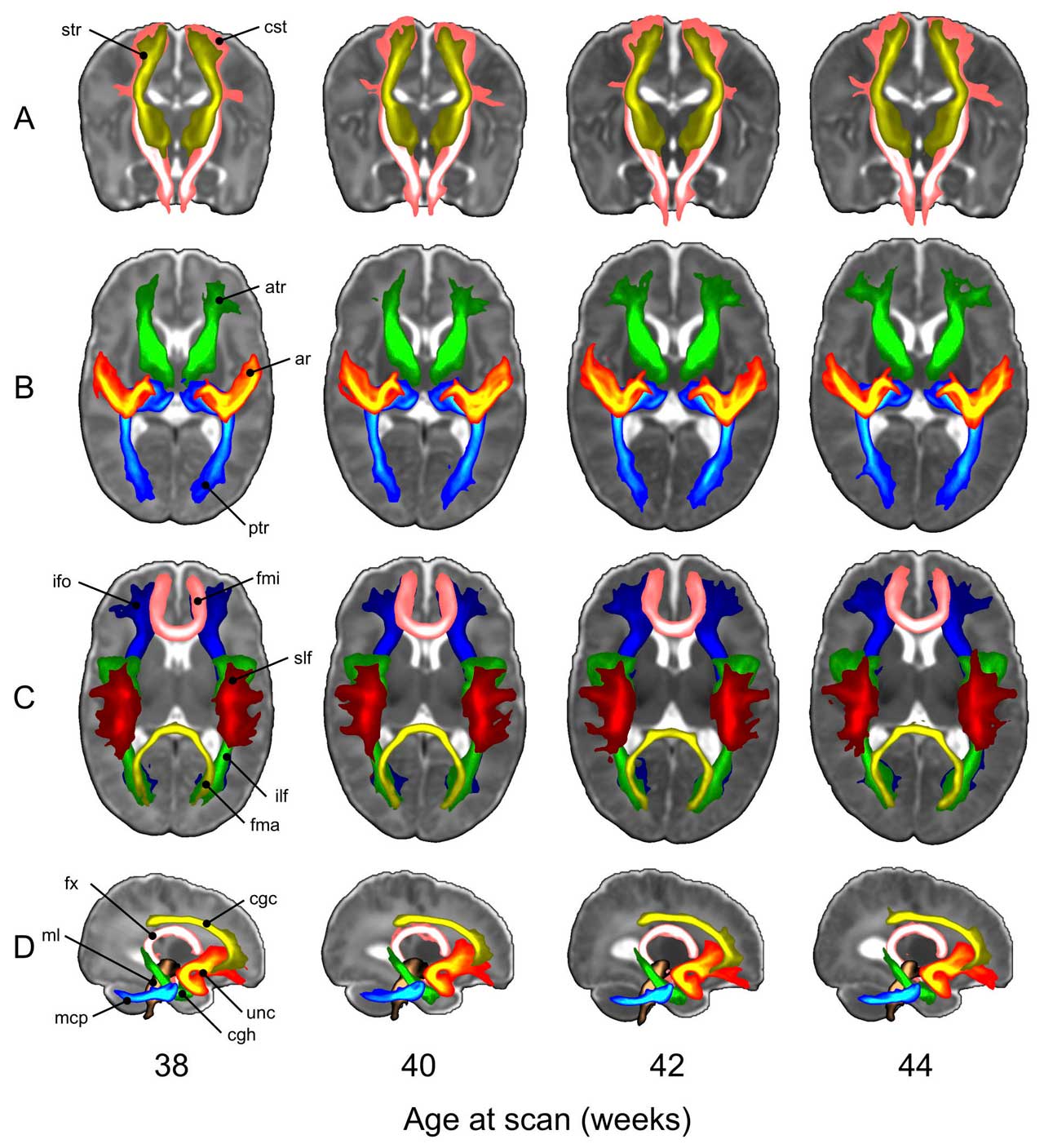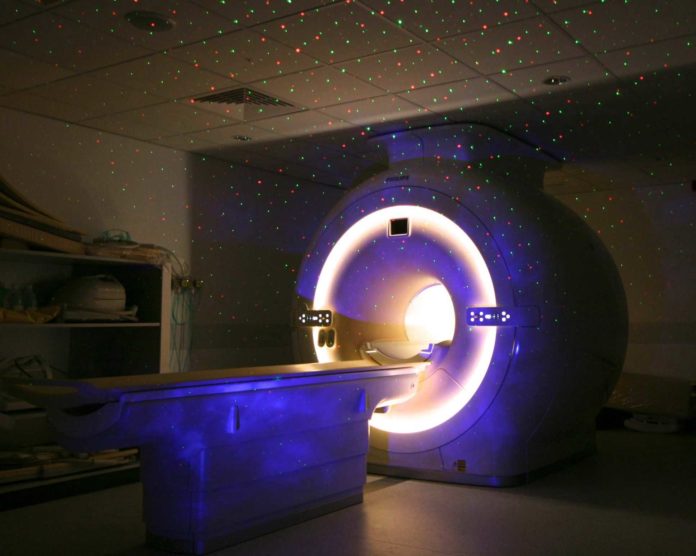Recent advances in neuroscience could have as much impact as an accurate global description of human brain connectivity (connectome) and its variability. Understanding this connectome in detail will give bits of knowledge into critical neural procedures and intractable neuropsychiatric diseases.
The batch of more than 500 scans of babies’ brains has been made available online to scientists to study how the brain develops. The scans from the Developing Human Connectome Project (DHCP) – a joint effort between King’s College London, Imperial College London and the University of Oxford – and could be utilized by scientists to advance research.
Through this project, scientists want to uncover how the wiring and function of a baby’s brain development during pregnancy and after birth.

The images were imaged between 24-45 weeks of pregnancy at the Evelina Newborn Imaging Centre, based at St Thomas’ Hospital, London. Most babies were imaged while they were sleeping, with the team adjusting to correct any changes in images due to the babies moving.
Professor Daniel Rueckert, the Imperial lead on the project, said: “The data we are gaining from these scans are already helping to provide us with unprecedented insight into the neurological changes in the human brain as it develops.”
“We hope that making these data available to researchers around the world will speed up research into a range of neurological conditions, which could ultimately lead to better detection and treatment at an early age.”
Lead Principal Investigator, Professor David Edwards from King’s College London said: “The Developing Human Connectome Project is a major advance in understanding human brain development- it provides the most detailed map of how the brain’s connections develop to date, and how this goes wrong in disease.”
The project is expected to enable scientists to understand better how conditions such as autism develop, as well as how problems in pregnancy can affect the brain’s development.
The research is funded by a €15 million Synergy grant from the European Research Council.
